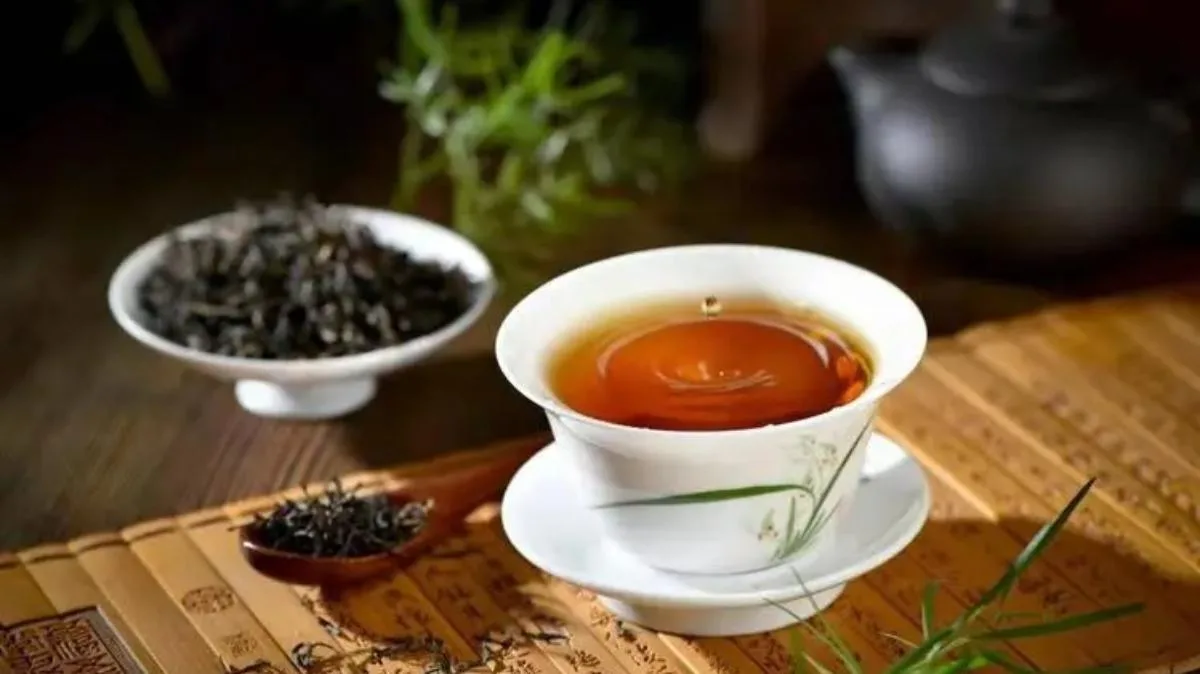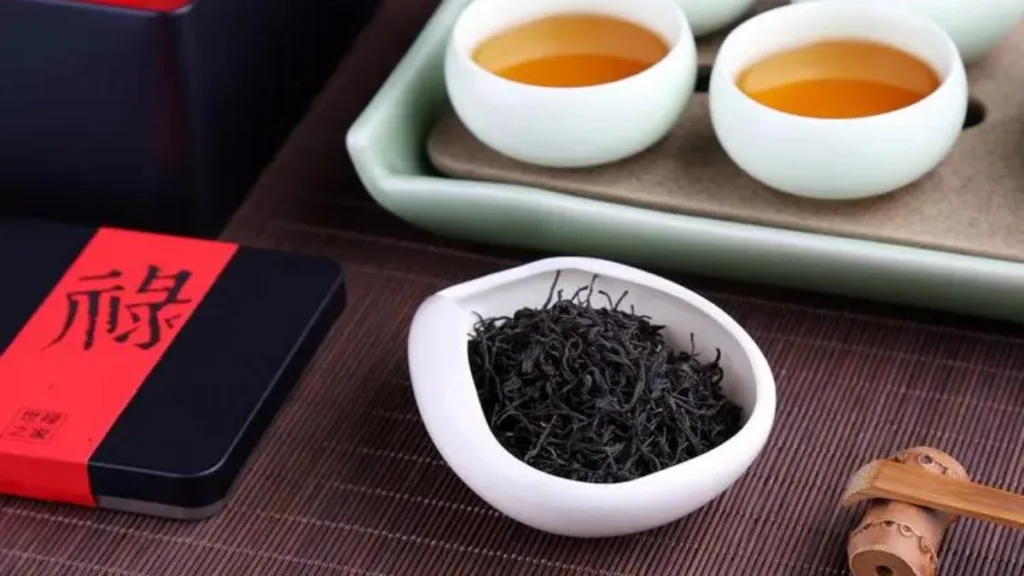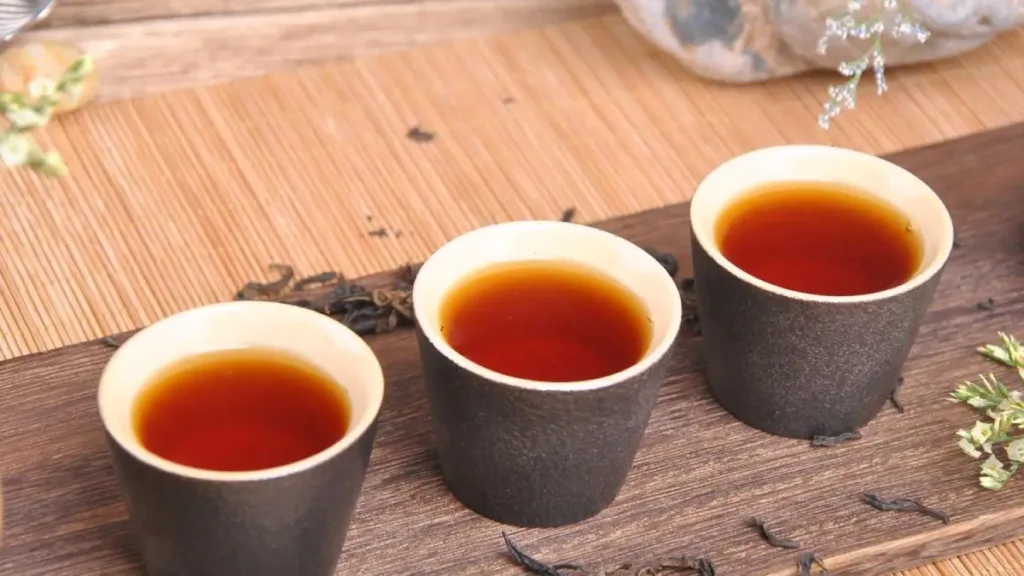As people become increasingly health-conscious and gain a better understanding of nutritional science, the sodium content in diets has emerged as a topic of public concern. For avid tea enthusiasts, especially those who appreciate black tea, the question of whether black tea has a high sodium content becomes pertinent. Let’s delve into the subject.
To begin, let’s explore the source of sodium in black tea by understanding its production process. The production of black tea involves several steps, including picking, withering, rolling, fermenting, and drying. Throughout these stages, tea leaves come into contact with air, moisture, microorganisms, and are likely to absorb certain mineral elements, sodium being one of them. Simultaneously, there is a loss of sodium at various stages, such as during picking and withering. So, overall, is the sodium content in black tea considered high?
Here are some specific data points: Based on current data available domestically and internationally, the sodium content in black tea ranges from 2.28mg to 8.01mg per 100g of tea leaves, averaging about 8.32mg per cup of 1000ml. In comparison to the recommended daily sodium intake (within 6g), this data suggests that, under reasonable tea consumption, there is no need for excessive concern about the sodium content in black tea.
However, factors such as tea type, harvesting and processing methods, and growing conditions can influence this data. For instance, black teas from high-quality regions like Qimen and Wuyishan tend to have lower sodium content. In regions with a humid climate and higher altitude, where soil mineral content is elevated, sodium levels in the corresponding teas might be higher.
Furthermore, some manufacturers may add chemical additives to enhance taste, and these additives might contribute to an elevated sodium content in tea leaves.
Additionally, there is a circulating claim online that black tea has a higher potassium content than sodium, suggesting that drinking black tea is advantageous for potassium supplementation. However, scientific validation for this claim is not entirely sufficient, as individual circumstances vary. Generally, the sodium-to-potassium ratio in an adult’s diet should be around 1:2, and neither excessively high nor low. Potassium is an essential element in the body, and while enjoying black tea in moderation can contribute to potassium intake, it is crucial to maintain a balanced diet.
Of course, when analyzing the sodium content of a particular food or beverage, it’s essential not to focus solely on one set of data. It’s equally important to consider one’s personal situation and dietary habits, aiming for a balanced diet and moderate consumption of black tea. If there is concern about high sodium levels, alternative dietary choices rich in sodium, such as seafood, milk, meat, vegetables, and fruits, can be considered. A diversified dietary structure is the foundation for maintaining overall health.
In conclusion, the sodium content in black tea is not considered high, and there is no need for excessive worry when consuming it within reasonable limits. Enjoying black tea in moderation can provide some potassium and other beneficial elements, contributing to overall health. Consideration of a well-rounded dietary structure, with attention to balance and moderation, is key to enhancing health levels.




